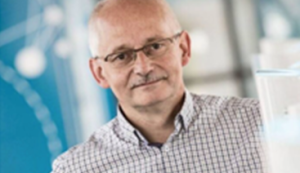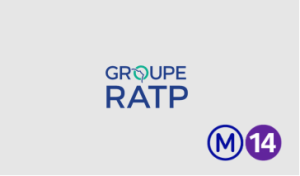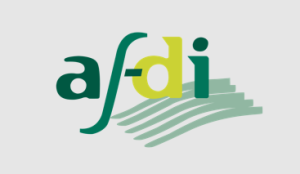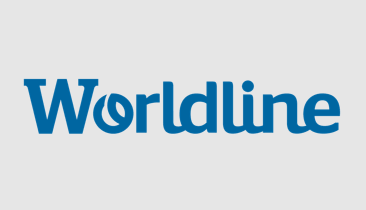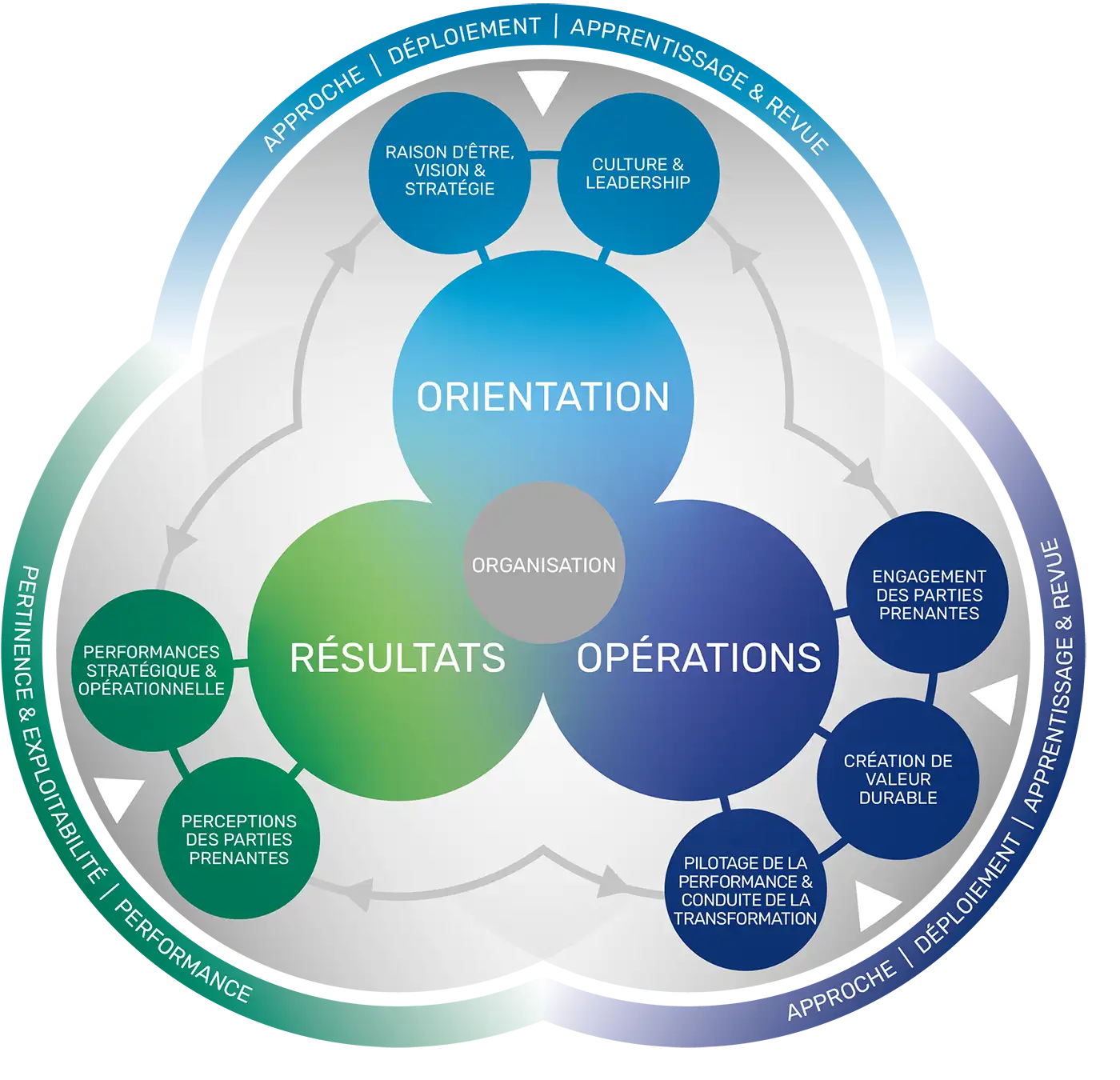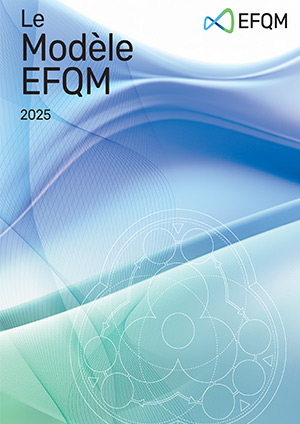EFQM recognition,

Mark your difference with EFQM Recognition
Transform, improve, inspire
What is recognition according to the EFQM model?
Unique, international, sustainable
Recognition according to the EFQM model is a unique international label that acknowledges your organization’s excellence and impact on society.
This 360° assessment approach, based on the EFQM model, not only enhances your strengths, but also accelerates progress and installs a genuine culture of transformation.
Today, this model of “stakeholder capitalism” provides a self-assessment framework for over 50,000 private and public organizations worldwide, enabling them to improve, develop and transform themselves sustainably.
Why commit to EFQM recognition?
A unique value proposition.
 Competitive advantage
Competitive advantage
By gaining recognition for your level of excellence and your impact on society, your organization develops its reputation and attractiveness.
 Strategic agility
Strategic agility
By regularly assessing the extent to which your practices, processes and results are aligned with your strategy, you develop your ability to adapt to constant changes in your environment.
 Transversality
Transversality
By fostering a results-oriented approach, your teams can focus collectively on your organization's key success factors.
 Transformation culture
Transformation culture
The EFQM model helps teams identify breakthroughs and priority projects, and gives meaning to the changes and transformations underway.
 Benchmark
Benchmark
By choosing the EFQM assessment model and its 1000-point score, you position your practices in relation to organizations considered to be the best performers on an international scale.
Championed by the European Foundation for Quality Management, the EFQM model has been distributed and promoted in France by the AFNOR group for over 20 years.
How to obtain EFQM recognition
EFQM France teams are with you every step of the way
Get in touch with AFNOR, our EFQM France delegate will help you build the EFQM approach that suits you best.
Benefit from the support of one of our EFQM experts to prepare for the assessment and compile your application file.
A team of experienced EFQM assessors is dedicated to you, helping you step by step to prepare and carry out the on-site assessment.
The assessment team gives you feedback on your strengths and areas for improvement, and proposes to AFNOR the level of recognition corresponding to your level of excellence.
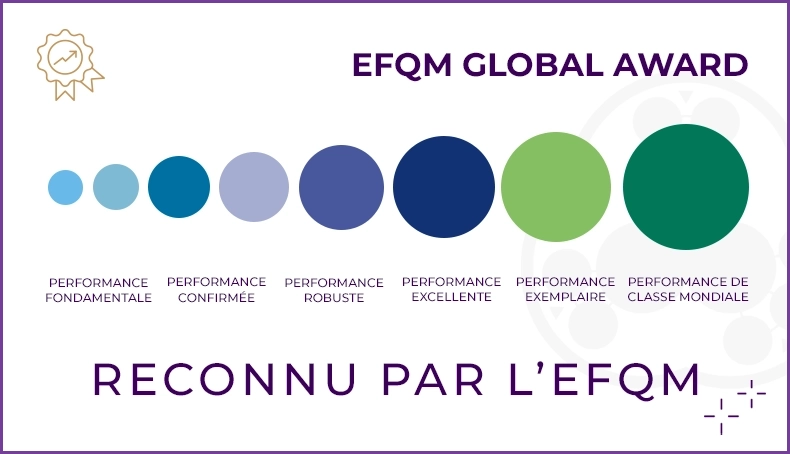
Which organizations are EFQM-recognized and how do they talk about it?
Discover the unique benefits of an EFQM approach
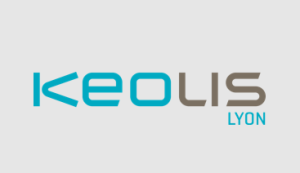
“ Committed to the EFQM approach since 2011, Keolis Lyon was “Recognised for Excellence 5 stars” in 2018, becoming the 1st public transport company in France to achieve this level of recognition. Today, we want to go even further towards excellence, by continuing to develop “our nuggets”. ”
Pascal Jacquesson,
General Manager Keolis Lyon
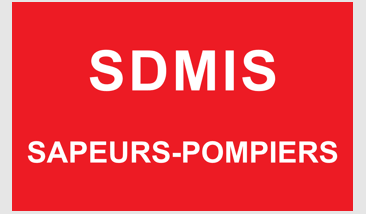
“In the same way that the economic sector mobilizes to create wealth, the public service must be of high quality. EFQM helps us to do this, as it enables us to demonstrate to decision-makers that we are performing well with the resources allocated to our missions”
Serge Delaigue, departmental and metropolitan director of fire and rescue services.
The EFQM 2025 Model, combining continuous improvement and strategic agility
Today, technological disruptions, a succession of global crises, climate change and generational diversity …. present our organizations and their value-creation models with new challenges! Thanks to its simple yet powerful logic, the EFQM model is a particularly well-suited tool for meeting these challenges and developing your company’s strategic agility. It aims to answer the 3 essential questions for deploying your strategy: Why?
How? What?
Why?
What is the organization’s purpose, vision and strategy? Are the culture and leadership aligned with this vision?
Orientation
How?
How does the organization mobilize its key stakeholders, value-creation processes and resources to achieve its strategic objectives?
Operations
What?
What performance levels are expected by the strategy? Are perception results and performance indicators in line with strategic ambitions?
Results
Structured around 7 criteria, the EFQM 2025 model compiles the practices of companies considered to be the best performers in the world.
A unique opportunity to benchmark yourself!
EFQM model: our tools and services in France
As an official partner of EFQM for almost 20 years, AFNOR plays a key role in promoting and implementing the EFQM model, by offering a range of tools and services based on this standard.
Assessment and recognition: the EFQM model is suitable for any organization
The EFQM recognition scheme is accessible to any organization, whatever its status, size, sector or maturity in terms of quality.
Installing or reinforcing a culture of improvement and transformation is often the first step taken by organizations wishing to discover and lay the foundations for an EFQM-based approach to excellence.
For more advanced organizations, EFQM offers a scale of recognitions ranging from 1 to 7 stars, depending on the level of maturity achieved.
Contact us to discover the EFQM recognition level and the solution best suited to your organization.
Training and qualification courses to put the EFQM model at the heart of your professional skills
AFNOR Compétences offers a complete range of inter-company or customized training courses and webinars to help organizations master the EFQM model.
Masteringthe fundamentals and tools of EFQM, Leading change with the RADAR method, Becoming an EFQM Evaluator,
… these qualifying training courses enable organizations to understand and apply the principles of the model to improve their performance or lead their transformation projects.
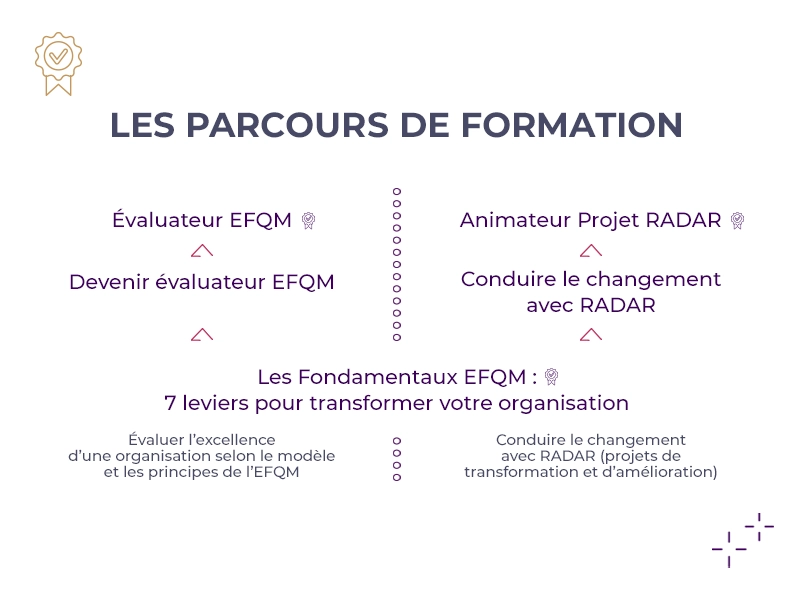
Digital solutions and best practices to support your EFQM approach
Through regional EFQM benchmark clubs, EFQM digital solutions, books and publications, webinars and master-classes, AFNOR and its historical partners facilitate the sharing of best practices between organizations committed to the EFQM approach.
Discover EFQM books and publications on the AFNOR Edition website https://www.boutique.afnor.org
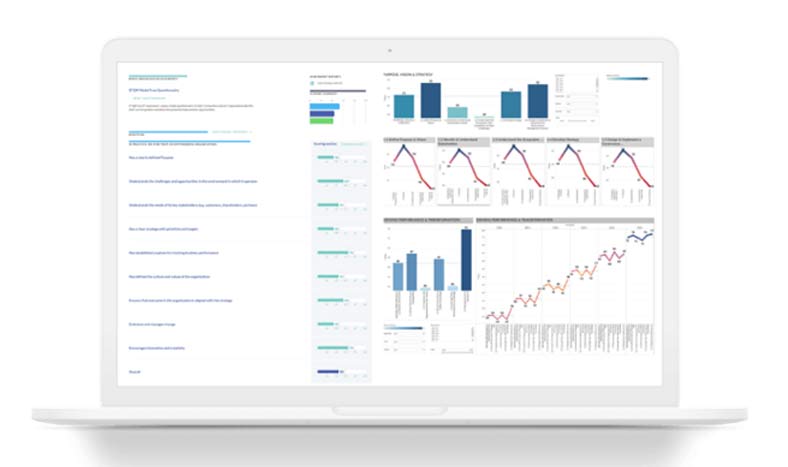
EFQM in France
In 1988, under the impetus of the European Commission chaired by Jacques Delors, a group of 14 European business leaders, including Serge Dassault (Dassault Aviation), Raymond Levy (Renault) and Francis Lorents (Bull), set about creating the European Foundation for Quality Management (EFQM).
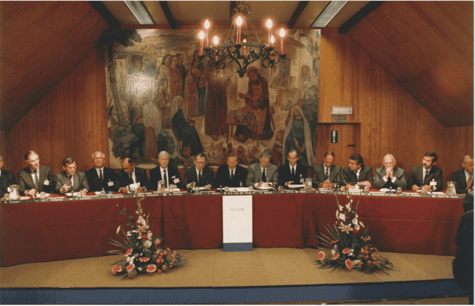
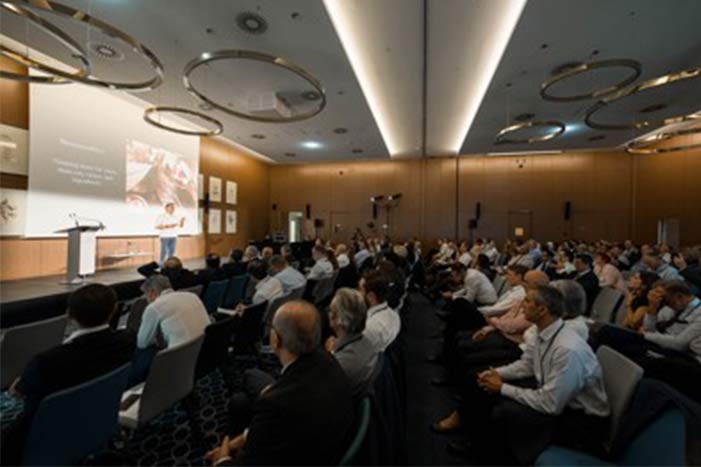
EFQM then introduced a new management model that explicitly advocated sustainability and impact on society, alongside corporate excellence and continuous improvement.
Today, this EFQM model of “stakeholder capitalism” provides a framework for self-assessment and continuous improvement for over 50,000 public and private organizations worldwide, enabling them to develop and prosper sustainably.
EFQM x AFNOR
From the outset, AFNOR has been committed to developing and promoting best practices in quality and sustainable performance. As a key player in quality and CSR approaches and certifications, it is only natural that the complementarities between Afnor and the EFQM Foundation should be exploited to support the deployment of this powerful tool in French organizations.
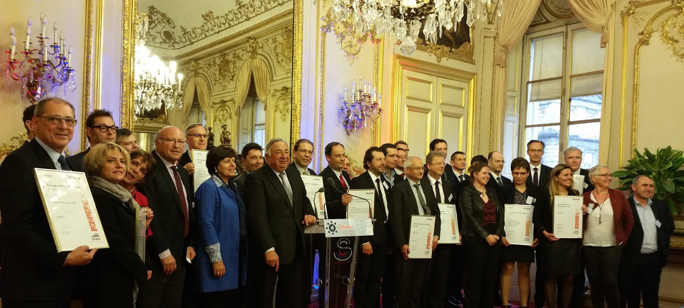
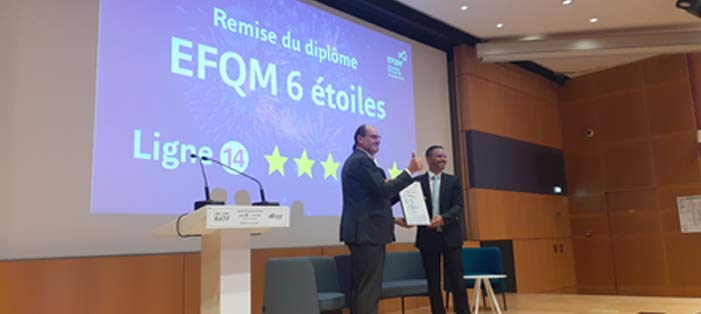
A number of French companies and public organizations regularly receive national and international EFQM awards, including:
Global Award Winner: SCLE-SFE
Price Winners: Bosch, Grundfos, Aéroports de Lyon and KEOLIS
6-star awards: RATP, Valrhona, Groupe APICIL and SDEA
Contact us for more information about French organizations involved in the EFQM approach.
Find out more…
What is EFQM? Definition
EFQM stands forEuropean Foundation for Quality Management, founded in 1988 at the instigation of the President of the European Commission.
What is the aim of the European Foundation for Quality Management?
The European Foundation for Quality Management (EFQM) was created with the principal aim of helping organizations improve their performance and operational excellence.
What is EFQM certification?
Within the EFQM framework, we cannot speak of certification, but rather of recognition, or of a level of recognition assigned according to the score obtained.
